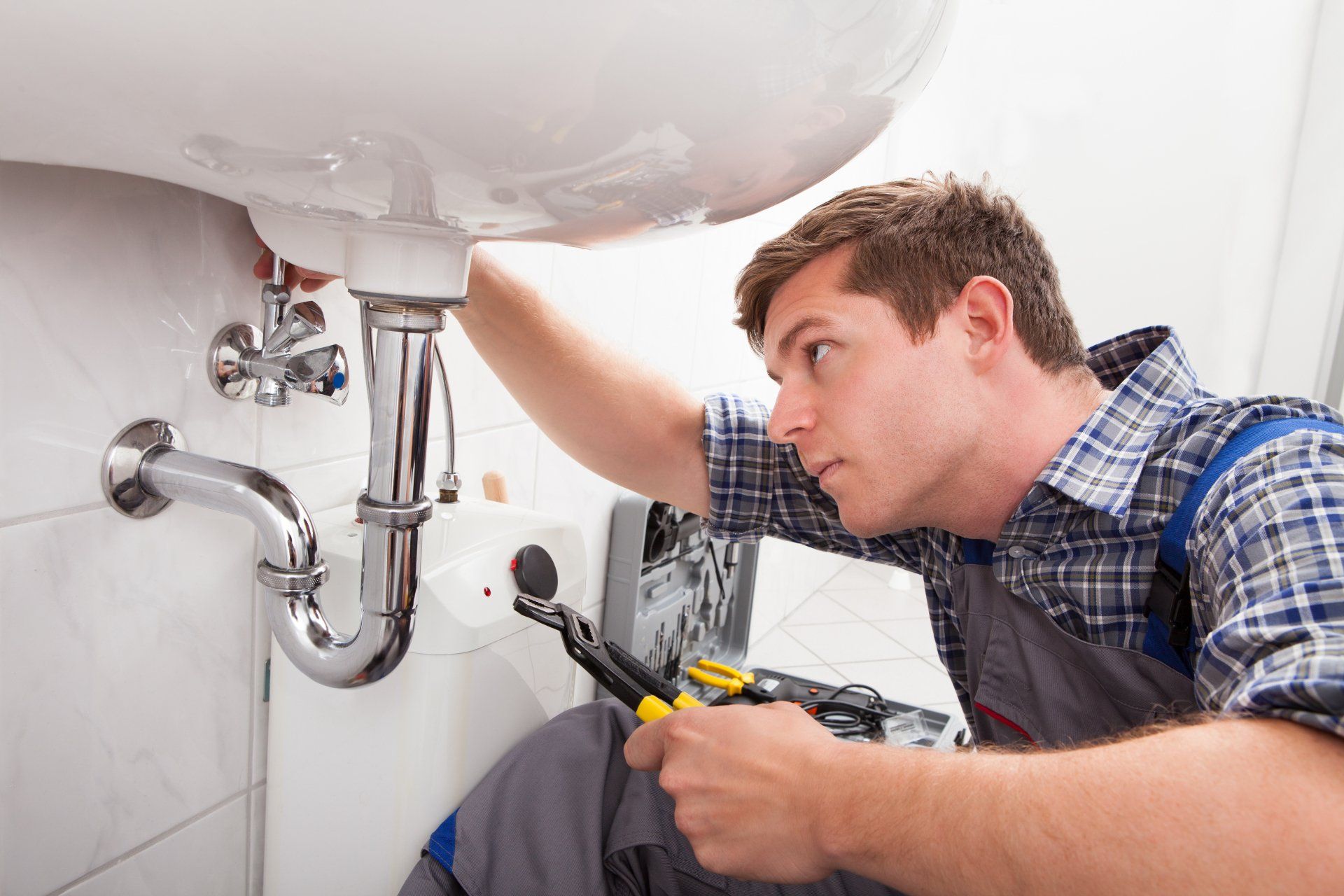Importance of sewer care
The Importance of Personal Sewer Care: A Key to Health and Hygiene

When we think about personal hygiene, we often focus on practices like washing hands, brushing teeth, and showering regularly. However, one crucial aspect of personal hygiene that often goes unnoticed is sewer care. Proper management of our sewer systems at home is not just about convenience; it directly impacts our health, the environment, and the efficiency of public infrastructure. Here’s why personal sewer care matters and how it contributes to a healthier lifestyle.
1. Preventing Blockages and Overflows
Personal sewer care begins with responsible waste disposal. Items like cooking grease, wet wipes, and sanitary products should never be flushed down toilets or drains. These items can accumulate in sewer pipes, causing blockages that lead to backups into homes or overflow incidents in the community. Such situations not only pose health risks due to exposure to raw sewage but also require costly repairs and cleanup efforts.
2. Protecting Water Quality
The wastewater we produce at home contains harmful substances and pathogens that can contaminate natural water bodies if not properly treated. Personal sewer care involves ensuring that wastewater is directed to municipal sewer systems or septic tanks in compliance with local regulations. This helps prevent pollution of rivers, lakes, and groundwater sources, safeguarding water quality for drinking, recreation, and wildlife.
3. Preserving Septic System Functionality
For homes not connected to municipal sewer systems, maintaining a healthy septic system is essential. Regular inspection, pumping, and proper use of septic-safe products help extend the lifespan of septic tanks and drain fields. Neglecting septic system care can lead to costly repairs and replacement, as well as potential contamination of soil and groundwater.
4. Supporting Public Infrastructure
Efficient public sewer systems rely on responsible individual practices to function optimally. By minimizing the introduction of harmful substances and non-biodegradable materials into sewer systems, individuals contribute to smoother operation and reduced maintenance costs for municipalities. This collective effort enhances the reliability and longevity of community sewer infrastructure.
5. Promoting Sustainable Living
Personal sewer care aligns with broader sustainability goals by reducing water consumption and minimizing environmental impact. Water-saving habits, such as fixing leaks and using water-efficient appliances, reduce the volume of wastewater produced, thereby easing the burden on treatment facilities and conserving freshwater resources. Responsible wastewater management also supports efforts to reuse treated water for irrigation or industrial purposes, promoting resource efficiency.
Practical Steps for Personal Sewer Care
To practice effective personal sewer care, consider adopting the following habits:
- Proper Waste Disposal: Dispose of waste materials like cooking oil, grease, and hygiene products in designated bins rather than flushing them down drains or toilets.
- Regular Maintenance: Schedule periodic inspections and maintenance for septic systems or plumbing to detect and address issues early.
- Water Conservation: Install water-saving fixtures, repair leaks promptly, and use appliances efficiently to reduce water usage and minimize wastewater production.
- Education and Awareness: Stay informed about local regulations and guidelines for wastewater management, and educate household members about the importance of responsible sewer practices.
In conclusion, personal sewer care is an integral part of maintaining a clean, healthy environment and ensuring the efficient operation of community infrastructure. By taking proactive steps to manage wastewater responsibly, individuals contribute to preserving water quality, conserving resources, and supporting sustainable living practices. Let's remember that small actions at home can have a significant positive impact on our surroundings and the well-being of future generations.


